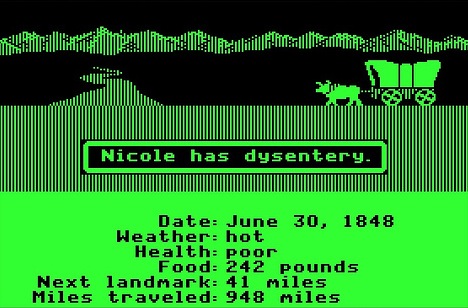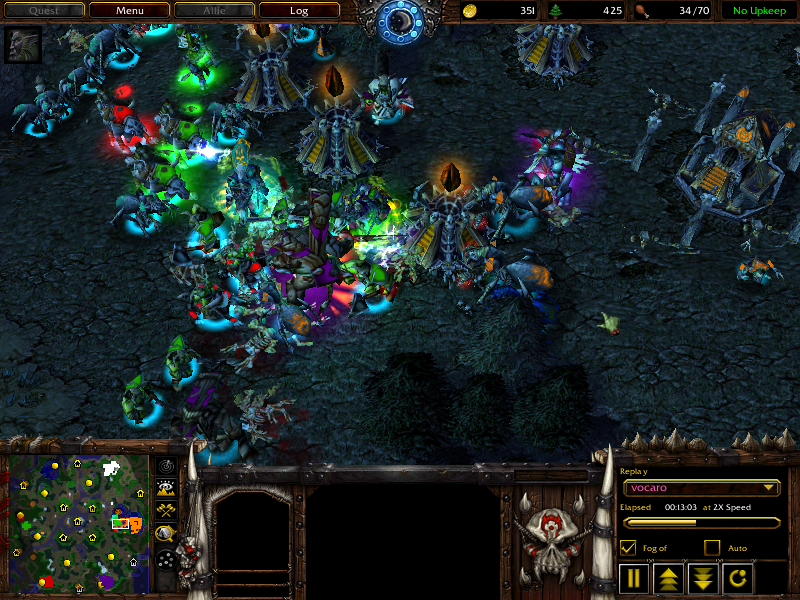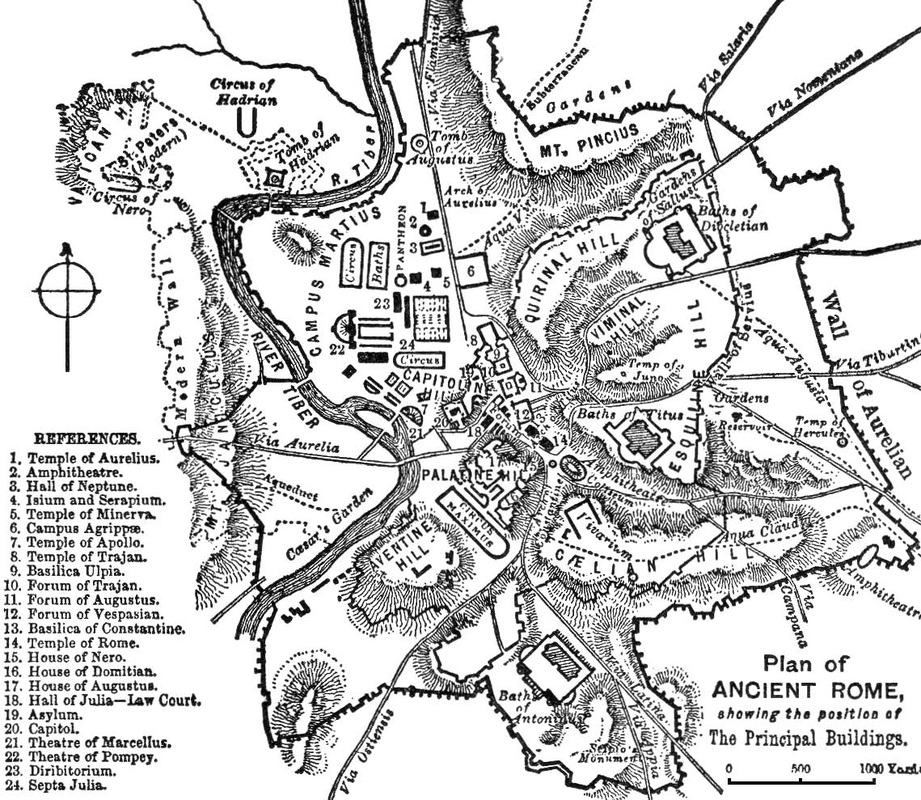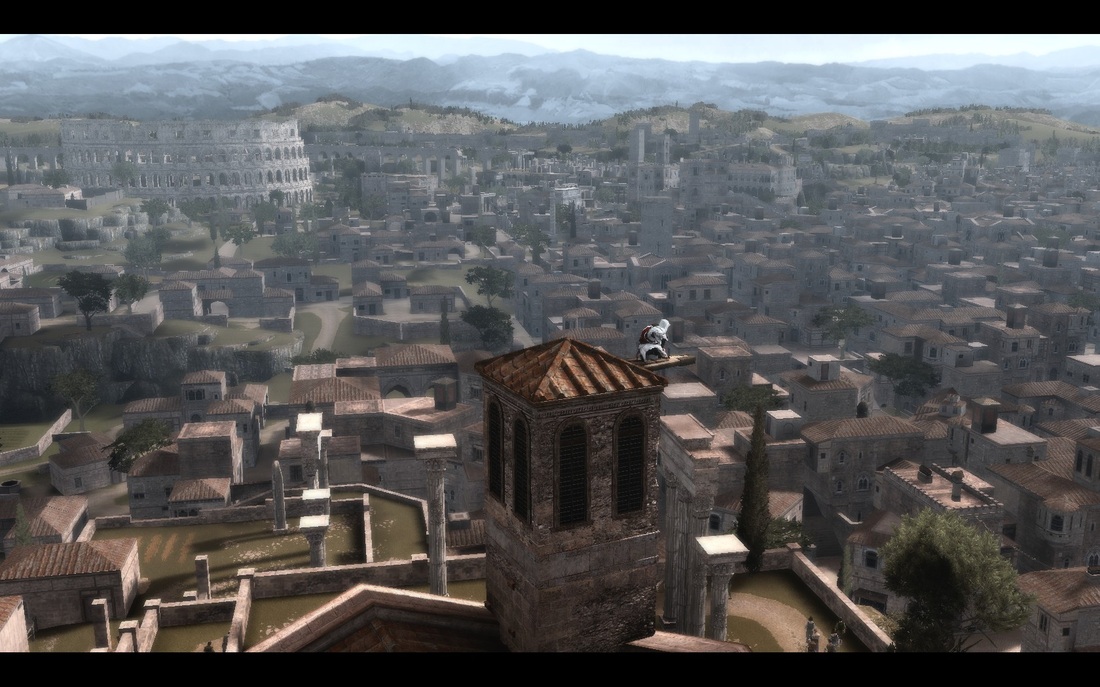If you're like me, when you think of "educational gaming," you think of the much beloved, sometimes reviled classic Oregon Trail. Every week in elementary school, we would trudge the computer lab, where our computer teacher would give us 5 1/4" floppy disks. What career do you want to choose? Well, banker, of course. Then, we were off. Uh oh, Nicole has dysentery. To this day, I still don't know what typhoid actually is, but I know that it's terrible and to be avoided at all costs.
Well, we certainly have some a long way in terms of gaming. Pac-Man has given way to Call of Duty, Halo, and John Madden Football. These games cost dozens or hundreds of millions of dollars to produce. On it's release day a few weeks ago, Call of Duty: Black Ops II made over 300 million dollars. With the next generation of games on the horizon, the line between cinema and gaming graphics blurs even further. These games often have symphonic scores.
One thing hasn't changed, though. Educational games are lame. Seriously, they're no fun.
So, do we even need them? I'm starting to think no. There's plenty to be learned from "real" games. The students in my gaming club have been having playing Warcraft III, an older game that stresses tactics and strategy. While my students work in teams to battle one another, they are forced to juggle several factors. They have to manage inventory, make value-based decisions about how to spend their resources, communicate with their teammate(s) about how and when to launch attacks. The whole time they're making these decisions, they keep a mental image of the massive map in their heads. It gets very complicated very quickly.
So, do we even need them? I'm starting to think no. There's plenty to be learned from "real" games. The students in my gaming club have been having playing Warcraft III, an older game that stresses tactics and strategy. While my students work in teams to battle one another, they are forced to juggle several factors. They have to manage inventory, make value-based decisions about how to spend their resources, communicate with their teammate(s) about how and when to launch attacks. The whole time they're making these decisions, they keep a mental image of the massive map in their heads. It gets very complicated very quickly.
I'll give another example. Remember history class? I do. I remember it involved a lot of reading from a textbook. Don't get me wrong, I think that learning from written text is an extremely important skill. However, we can certainly supplement the old-school with the new.
Let me be very clear, you can explore every nook and cranny of Rome. You climb all the walls, explore the Colosseum, and splash in the fountains. It's a truly incredible experience.
Of course, this particular game is also full of simulated violence. The point, though, is that the technology exists for us to create truly immersive experiences for our students. Take out the "assassin" part of "Assassin's Creed," and you have one of the most powerful educational tools I can think of.
Of course, this particular game is also full of simulated violence. The point, though, is that the technology exists for us to create truly immersive experiences for our students. Take out the "assassin" part of "Assassin's Creed," and you have one of the most powerful educational tools I can think of.





 RSS Feed
RSS Feed
